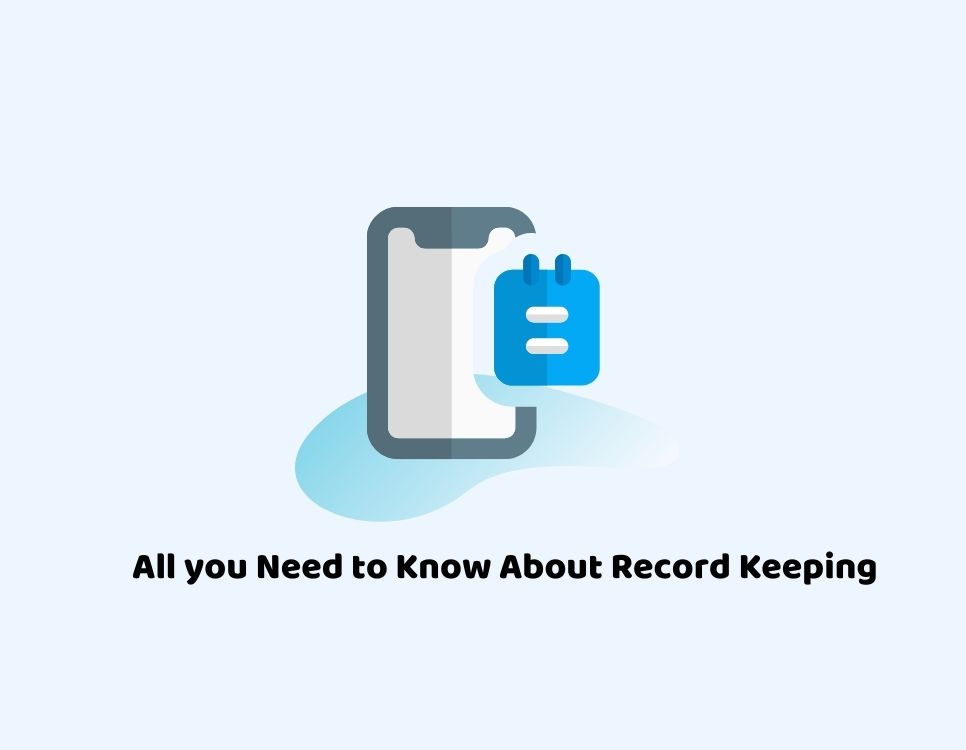
16/02/2021Accounting Issues , Tax Issues
Why is record keeping important? Imagine that one day you decide to file your taxes, and don’t find anything in your records. That’s the worst thing anyone can think of. What if you lose your tax records, and what help can you expect from HMRC in this regard. HMRC may check all the details to make sure you’re paying the right amount of tax. Let’s dig up more scenarios that deal with record keeping, and answer your question ‘why is record keeping important’ in the best possible way.
What Happens if your Returns Get Late?
What to do if your returns are late? If you’re sending your returns 4 years after the deadline, you need to keep your records for 15 months after you’ve sent in your return.
What Action Will HMRC Take if your Records are Stolen or Destroyed
If it’s not possible for you to replace your records, you must do every effort to provide relevant figures. Make sure you’re telling HMRC that you file your tax return if you’re using:
- You give your best guess to HMRC.
- What are your temporary estimated figures when you’re waiting for the exact ones? If there are any chances that you might get your records back, you need to mention the probability. In case, you don’t find your records, your best guess will do the job.
Let’s Dig Into Record Keeping
So one question everyone asks is what records do you need to keep? These records include:
- All income coming in from your sales.
- The expenses incurred in your business.
- VAT records if you’ve registered for VAT.
- PAYE records if you’re employing people.
- Further details of your personal income.
- The grant you’ve already claimed through the self-employed income support scheme.
We hope we’re pretty clear about what happens when you’re losing your tax records, what happens if your returns get late and why is record keeping important?

